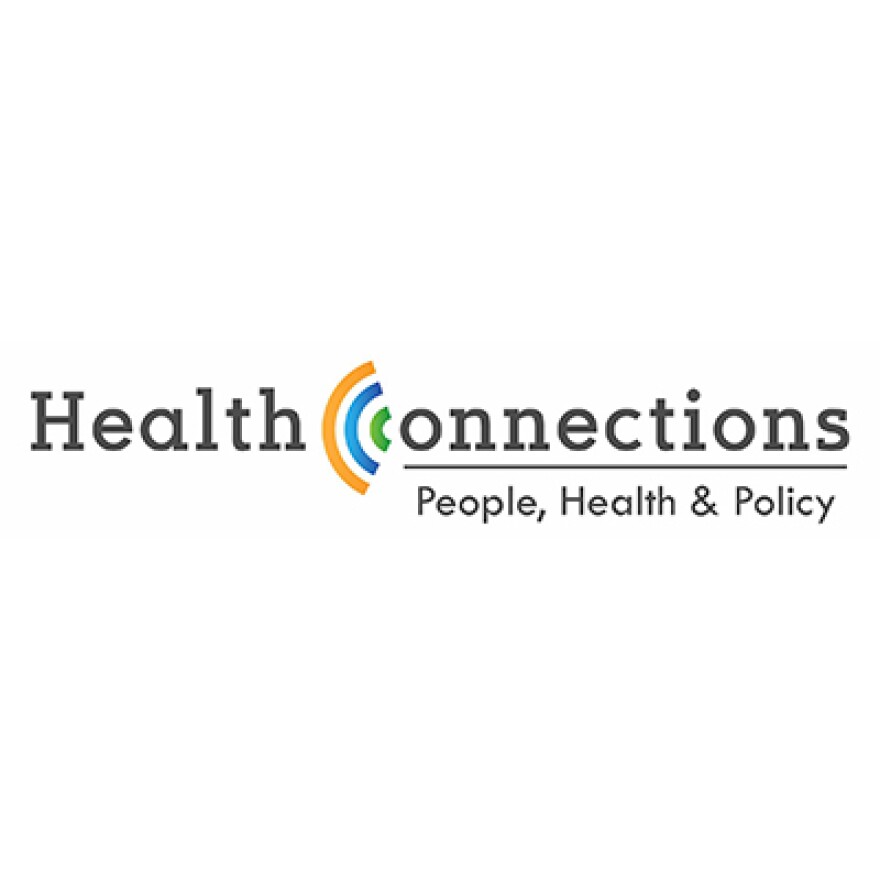This week on HealthConnections, Dr. Carole Myers, a professor emeritus in the University of Tennessee College of Nursing, talks with Dr. Mavis Schorn, a professor and senior associate dean for academics at Vanderbilt School of Nursing and is a nurse-midwife with over 30 years of experience. They discuss U.S. women’s health and reproductive care challenges.
WUOT’s Carole Myers: In the United States, women’s life expectancy is lower today than it was in 2006. U.S. women have the highest rate of avoidable deaths among 14 countries today. Please say more about women's health in the United States. What are the priority problems?
Mavis Schorn: One is the maternal mortality rate. And as you spoke about the death rate, or the life expectancy rate of women in the US, and it's more than double for black women, and in some areas of the country, it's as much as eight times the national average. It doesn't matter about socioeconomic groups or the education of those women. It still holds true. And within the United States, Tennessee is among the states with the highest rate of maternal mortality, and then there are counties in the state that are extremely high so we're looking at areas of the country that rival low income countries. But pregnancy is a window into the future of women's health. So we've all probably all heard about women who have had high blood pressure during pregnancy. High blood pressure in pregnancy will have twice the likelihood of high blood pressure later in life. A woman who is diagnosed with diabetes during pregnancy has 10 times the rate of type two diabetes later in life. So care during pregnancy becomes really important to the lifetime health of women. The second big priority is the access to maternity care. If you're going to give healthy care during pregnancy, there has to be access for women, someplace, for someone to go. And it's amazing that in the United States, about over a third of all of counties in the United States, that’s over 1000 counties in the United States, are maternity care deserts. That means there's no OB clinicians, no physician, no midwife, nobody providing care, and there are no facilities providing care in that county. In addition, the United States has the lowest number of midwives and physicians providing obstetric care compared to other high income countries. All of this ties into that access and I got to squeeze in one more priority, and that is the consequence of Reproductive Health Options. We don't know for sure what the unintended consequences are going to be. Some data is already out on infant mortality increasing. We've heard certainly, lots of cases of women. What does that look like overall for the health of women? We will find out.
Well, to be sure, when you talk about reproductive health care, you're referring particularly to the Supreme Court decision about Roe versus Wade?
I mean, it does include abortion bans and restrictions, but also includes contraception and infertility treatments. We're not sure where we're going to land on all of those different things, and the variation, not just what the Supreme Court has said, but now the variations among states, becomes pretty dramatic.
So a lot of times, when we talk about problems that seem to be rooted in the system, such as you've described, we need to look at how public policy could be a lever to improve women's health. What do you suggest?
I do think because black women's experiences are so seen and the outcomes are so different, we need to dig into that, that needs to be a priority. Improving communication, ensuring competent care for the population specifically, perhaps using patient advocacy models, something to focus on that group. I do think we need to focus on diversity of women's health workforce, physicians, nurses, advanced practice nurses, midwives. The more diverse the workforce is, it increases trust with the populations we serve, it improves the communication, and it's been shown to improve outcomes. I mentioned access to maternity care, policies that help promote access, that would reduce this gap in our maternity care, things like mobile units, birth centers, incentives for physicians, midwives and other OB clinicians to practice in rural or underserved areas would be helpful.
This transcript has been lightly edited for content.




